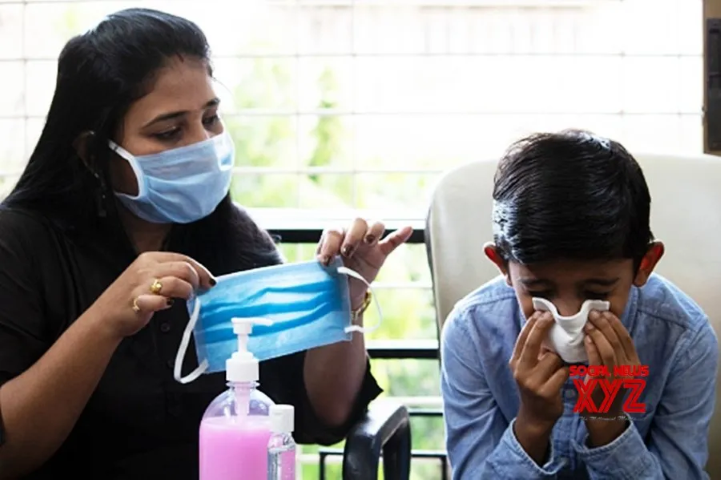Nearly 30 per cent of children who were hospitalised for Covid-19 or MIS-C, a rare but covid-related severe condition, had symptoms more than a couple of months after their diagnosis, finds a new study.
The study revealed the most common symptoms for children hospitalised with Covid-19 were fatigue, shortness of breath, cough, headache, muscle and body aches and fever, reports CNN.
“Vaccine uptake for children is still not very high, but vaccines could prevent this,” study co-author Adrienne Randolph from the Harvard Medical School was quoted as saying.
MIS-C is a rare condition that affects children often, but not always, after Covid-19 infection. Doctors are yet to figure out what exactly causes it.
The condition seems to follow some weeks after infection and can cause certain body parts to be inflamed. It can affect major organs, including the kidneys, brain, lungs and heart.
For kids with MIS-C, “activity impairment” — trouble doing normal activities — was the most common symptom in the study.
Other severe symptoms included not being able to exercise or even walk as much as usual, sleeping more than usual and having trouble concentrating at school.
For the study, published in the journal Pediatrics, the researchers surveyed 358 children who were cared for at 25 pediatric hospitals between May 2020 to May 2021, before the surge in cases caused by the Delta or Omicron variants.
According to the report, it is unclear whether the children would have had different outcomes with those variants.























